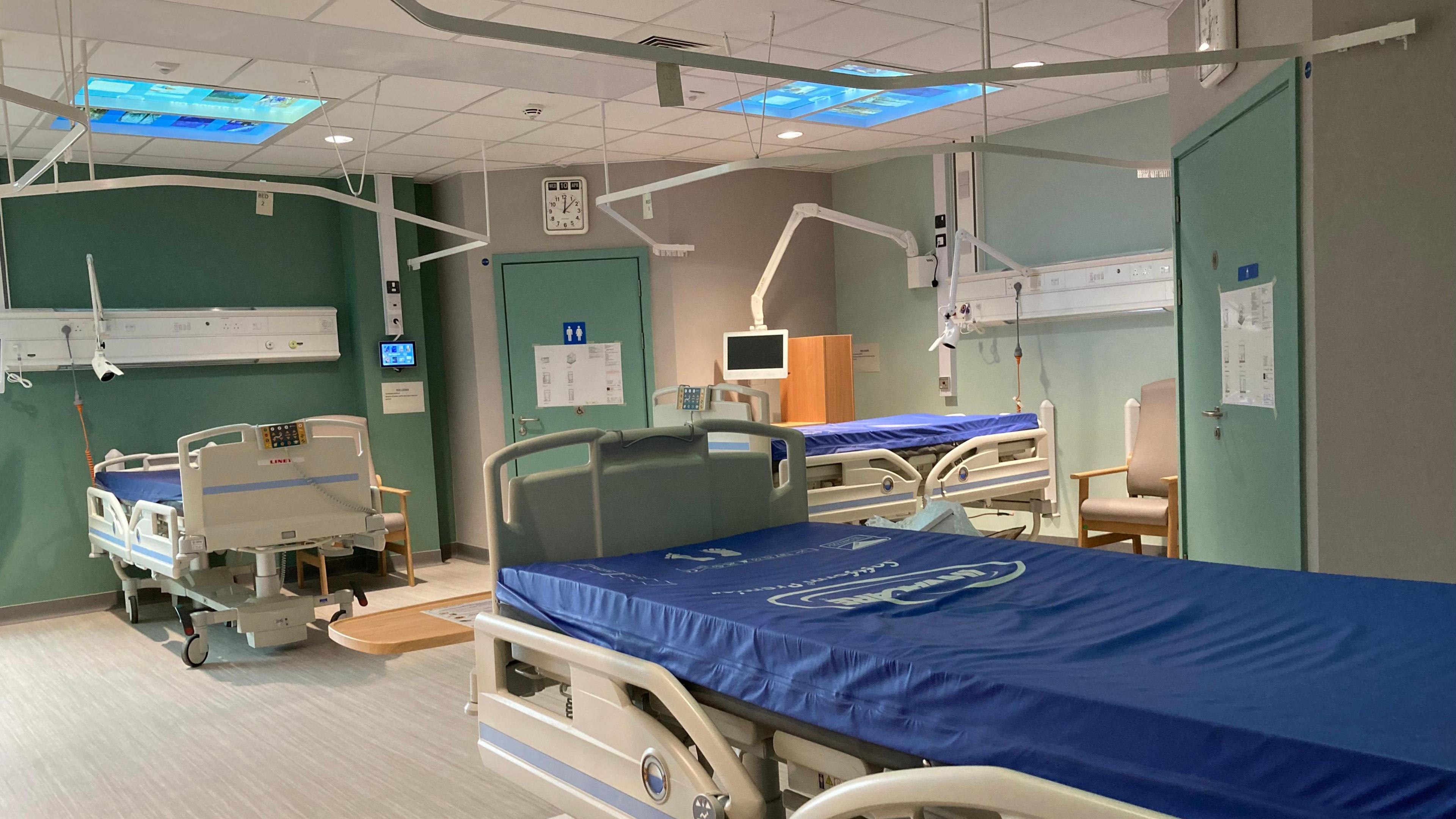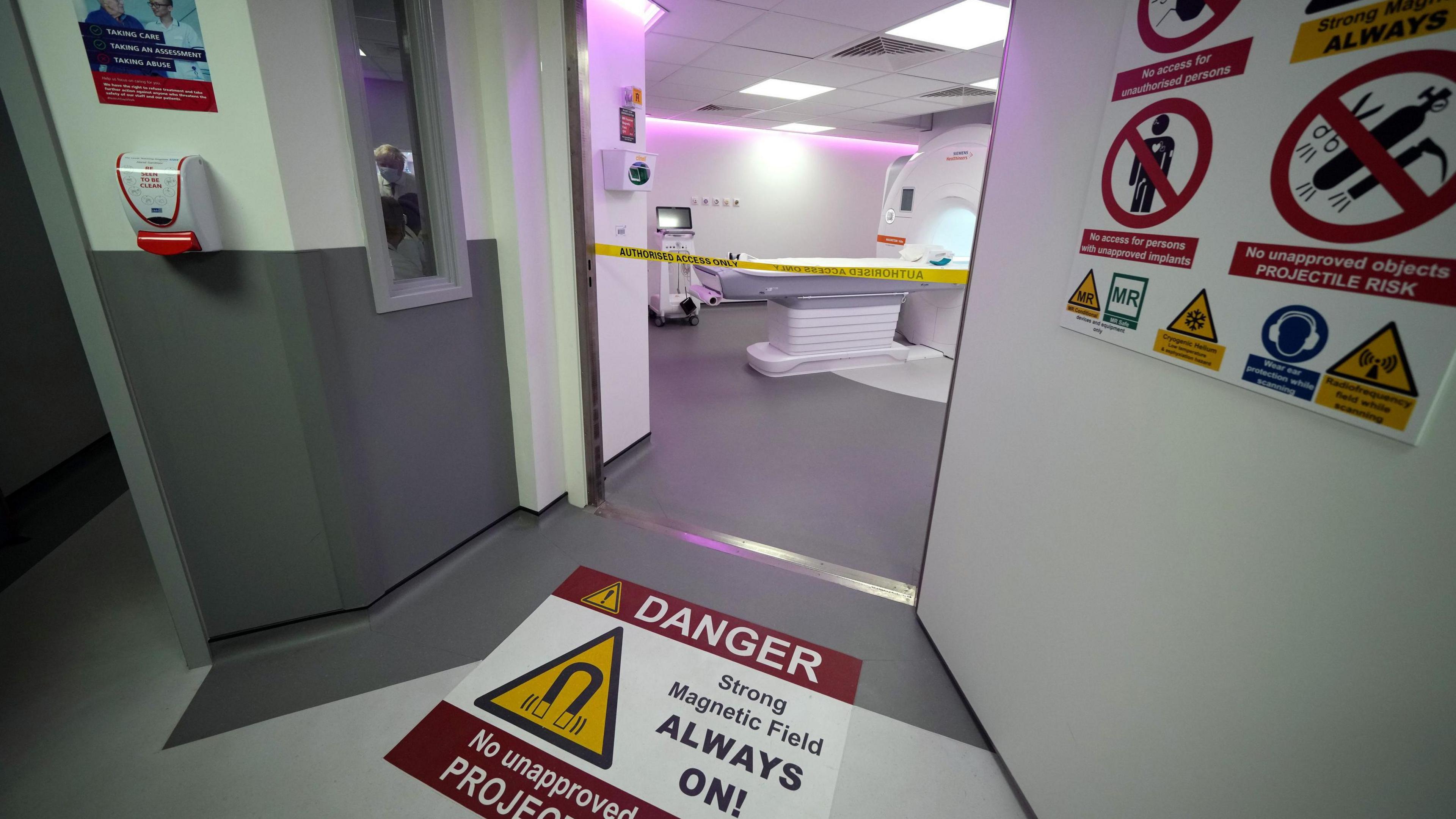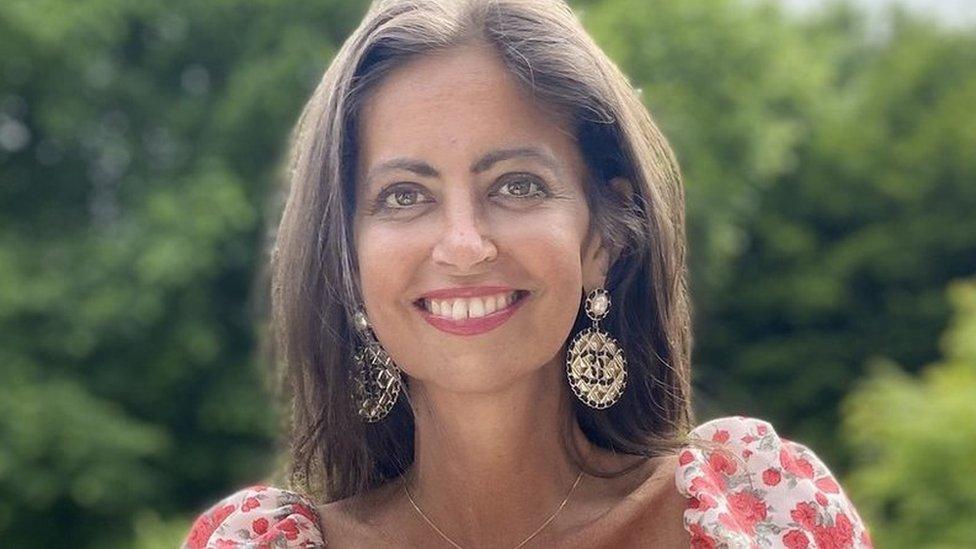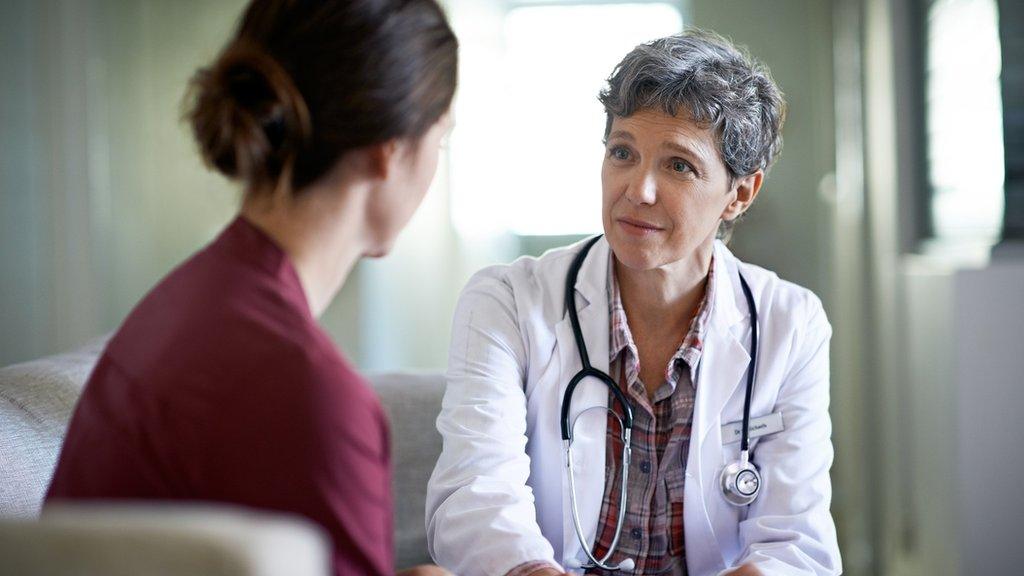Young people blocked from 'life-saving' cancer trials

Some young people are being unfairly denied access to cancer trials
- Published
Young people with cancer are facing barriers in accessing clinical trials that could increase their chances of survival, a charity has said.
The Teenage Cancer Trust is calling for age limits on trials to "be medically justified".
Verity Barker, 23, from Bristol, was diagnosed with a rare, incurable cancer in her abdomen and pelvic area at the 17. She was approved for a trial - but said young people she knows were 'unfairly' denied access to one.
Chief executive of the Teenage Cancer Trust Kate Collins said: "No young person should ever miss out on the opportunity to take part in a clinical trial simply because of their age, or because their specific needs are overlooked.”
'Lengthen young lives'
Patients aged between 13 and 24 are more likely to have less common and rare forms of cancer.
The charity has called on the Government to implement changes “in a way that accounts for the unique needs of teenagers and young adults with cancer and the challenges they face in accessing research”.
Mrs Collins continued: “Cancer remains the largest disease-related killer of young people in the UK and every year 250 young people will have their lives cut tragically short, devastating families and communities across the UK.
“To save or lengthen young lives, access to clinical trials must improve."
Ms Barker was offered a place on a clinical trial at the Royal Marsden Hospital in Surrey in December 2021.
“I spent two years on the trial, one of the longest participants, and for that period my cancer didn’t spread," she said.
"Everyone deserves a chance to benefit from this sort of specialist treatment.
“I have met other young people with cancer who haven’t had the chance to take part in a trial, which I think is unfair.”

Young patients say they should not have to suffer because the 'right drugs' are not being offered to them
A lack of choice of location brought challenges, with Ms Barker forced to take a five-and-a-half-hour weekly round trip to take part in the trial.
“At times I felt like a burden to my family who had to drive me, which was an additional mental toll," she said.
“My care team were great and managed to get the trial company to pay for a taxi door to door, but it would have been so much easier to have been able to take part in the trial closer to home.”
Ms Barker’s cancer has since spread and she has come off the trial. She is now seeking other treatment options, but said: “Knowing that by taking part in a trial I’ve helped other people is important to me.”
- Published29 June 2022

- Published2 May 2022
